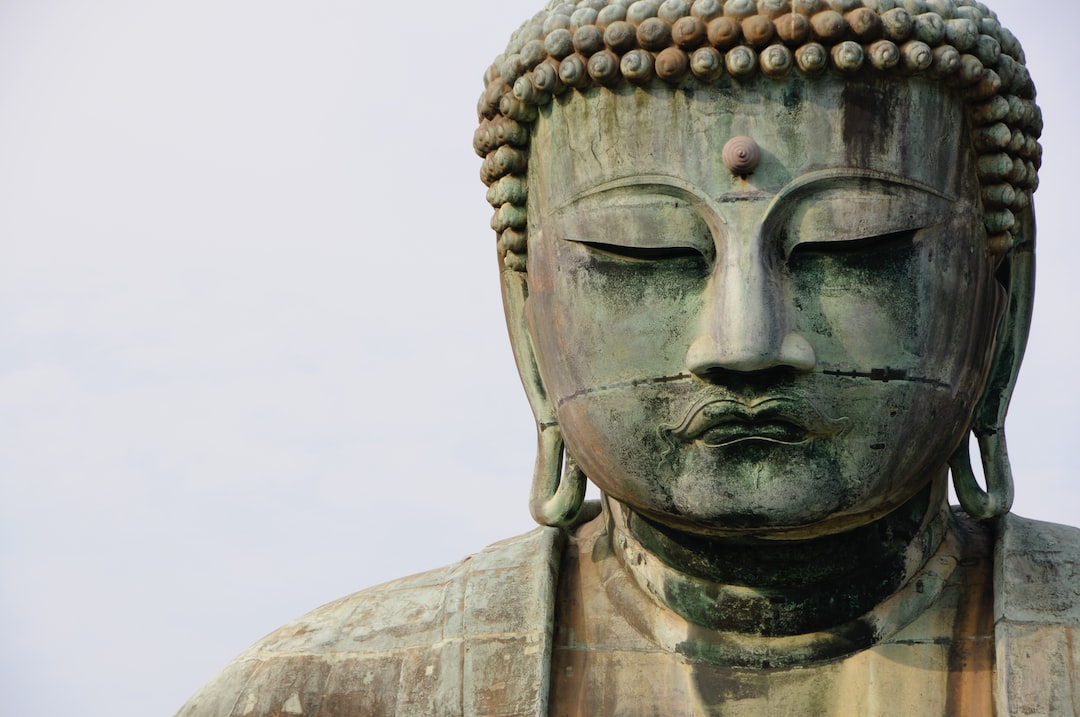Examining the Connection between Religion and Spirituality
Religion and spirituality are two intertwined concepts that have shaped the beliefs and practices of individuals and communities for centuries. While they share similar traits and are often used interchangeably, they are not entirely synonymous. This blog post aims to examine the connection between religion and spirituality, highlighting their similarities, differences, and the impact they have on our lives.
To understand the connection between religion and spirituality, it is crucial to first define these terms. Religion typically refers to organized systems of beliefs, rituals, and practices that are shared by a community or group of individuals. It often involves a set of doctrines or teachings, with a central community or figurehead and specific places of worship. Examples of religions include Christianity, Islam, Hinduism, and Buddhism.
On the other hand, spirituality is a more personal and individualistic experience. It involves a search for meaning, purpose, and connection with something greater than oneself. Spirituality encompasses beliefs that transcend religious affiliations and can be practiced both within and outside of organized religions. It is the personal exploration of one’s inner self and a deeper connection with the universe or a higher power.
Despite their differences, religion and spirituality often intersect and complement each other. Many individuals find solace and meaning in religious practices, which can provide a framework for spiritual exploration. Religious rituals and ceremonies can be seen as gateways to experience spirituality, allowing believers to connect with a higher power and find inner peace. Similarly, spirituality can influence and enhance religious experiences, providing a more profound understanding of the beliefs and teachings of a particular religion.
Both religion and spirituality play a significant role in shaping our identity, beliefs, and values. Religion provides a sense of belonging and community, allowing individuals to connect and socialize with like-minded individuals. It creates a structured platform for practicing faith, offering moral guidelines and answers to life’s fundamental questions. Spirituality, on the other hand, allows individuals to explore their own unique beliefs and paths, fostering personal growth and self-awareness.
While religion often follows established doctrines, spirituality encourages individual interpretation and exploration. Religion provides a clear set of dogmas, rituals, and practices, often guided by religious leaders. Spirituality, however, is a more personal and flexible journey, allowing individuals to forge their own beliefs and practices based on their experiences and understanding.
It is important to note that an individual can be religious without being spiritual, and vice versa. Some individuals may strictly follow religious practices without engaging in personal spiritual exploration, viewing religion as a set of rules and obligations. Conversely, some individuals may be spiritual without associating themselves with any specific religious tradition, finding their own unique path towards spiritual enlightenment.
Both religion and spirituality have their strengths and limitations. Religion provides a sense of community, support, and guidance, offering a clear moral compass for individuals. It establishes a shared set of beliefs and practices that can bind individuals together and contribute to the overall well-being of a community. However, religion can also be restrictive and dogmatic, stifling individual thought and spiritual exploration.
Spirituality, on the other hand, encourages personal growth, self-reflection, and open-mindedness. It allows individuals to seek alternate spiritual practices, explore different philosophies, and embrace diverse beliefs. However, spirituality can also be subjective and prone to personal biases, lacking the sense of community and organized support that religion provides.
In conclusion, the connection between religion and spirituality is intricate and multifaceted. While religion focuses on the communal aspects of faith and follows a set of established doctrines, spirituality is a more personal and individualistic exploration of one’s connection with the divine. Both religion and spirituality complement and influence each other, providing believers with a sense of purpose, guidance, and inner peace. Whether one follows a religious tradition or embraces their unique spiritual path, the connection between religion and spirituality is a deeply personal and profound journey.

